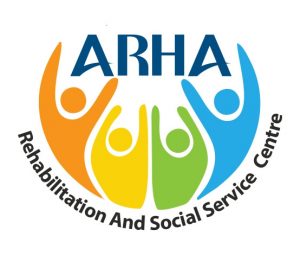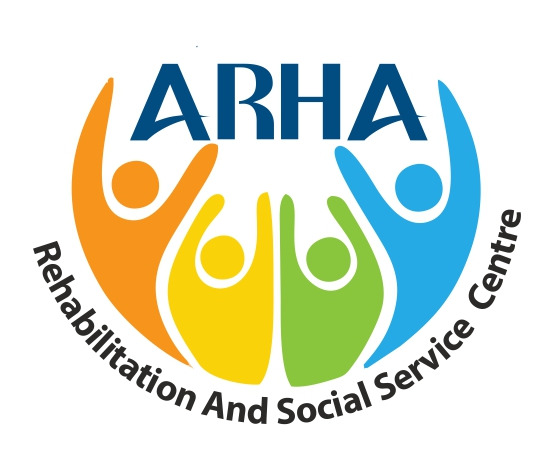ARHA Primarily Focuses On 12 - STEPS:
Arha’s Twelve-Steps PROGRAM (TSP) treatments are a set of semi-structured therapies designed to help people abstain from alcohol and other drugs by systematically linking them to, and encouraging their active participation in, community-based 12-Step mutual-aid organizations.
To this point, Twelve-Steps PROGRAM (TSPs) is primarily focused on linking individuals to Alcoholics Anonymous (AA), as it was the first and is currently the largest of the 12-Step mutual-help organizations. (Hence why we refer only to AA below, though other mutual-aid organizations, such as Narcotics Anonymous, Cocaine Anonymous, Sex and Love Anonymous may also be part of TSP for patients whose primary substance is not alcohol.)
Consistent with the philosophy in AA that substance use is part of an overall syndrome or disease, and that by avoiding the substances is the best way to address the problem, Twelve-Step PROGRAM providers also strongly emphasize and assign Patients to work between sessions related to AA engagement, including AA readings (e.g., from AA’s main text “The Big Book”) and practical tasks related to attendance, such as speaking with a member, journaling and In-house Meetings.
All Arha Patients will be given an overview of all of the 12 Steps in Primary Treatment and will be introduced to the concept of mutual aid/peer support as part of their ongoing recovery. Written and group assignments will be part of the ongoing treatment process, and Patients will have a firm understanding of the benefits of 12 Steps and how they can assist recovery in Primary Treatment and also post-discharge.
The principles of the 12-Steps are a formulated approach that can guide people to undertaking self-care of themselves, with the support of other recovering addicts.
12 Steps, as outlined in the original Big Book and presented by AA are:
1. Admitting powerlessness over the addiction
2. Believing that a higher power (in whatever form) can help
3. Deciding to turn control over to the higher power
4. Taking a personal inventory
5. Admitting to the higher power, oneself, and another person the wrongs done
6. Being ready to have the higher power correct any shortcomings in one’s character
7. Asking the higher power to remove those shortcomings
8. Making a list of wrongs done to others and being willing to make amends for those wrongs
9. Contacting those who have been hurt, unless doing so would harm the person
10. Continuing to take personal inventory and admitting when one is wrong
11. Seeking enlightenment and connection with the higher power via prayer and meditation
12. Carrying the message of the 12 Steps to others in need

